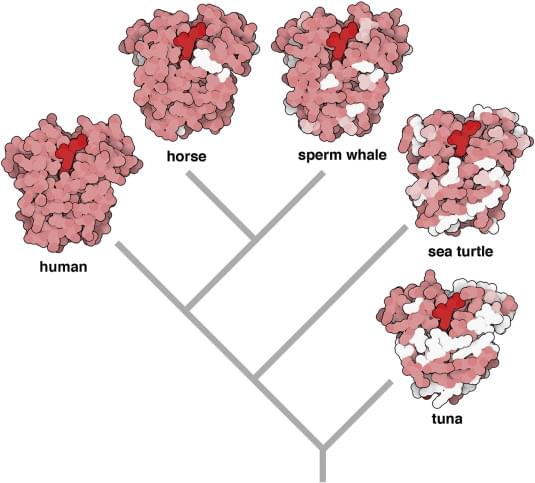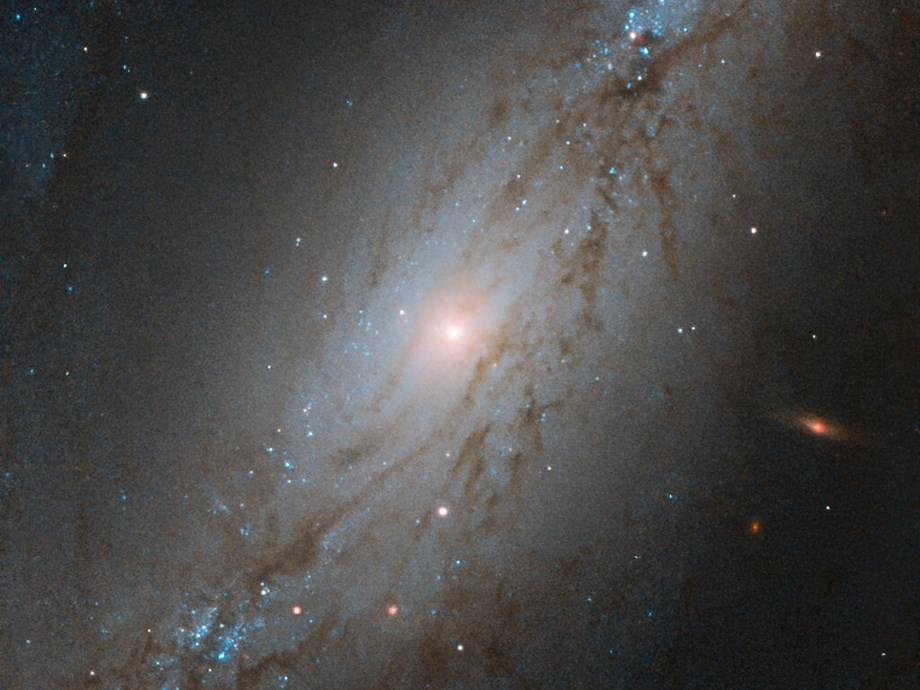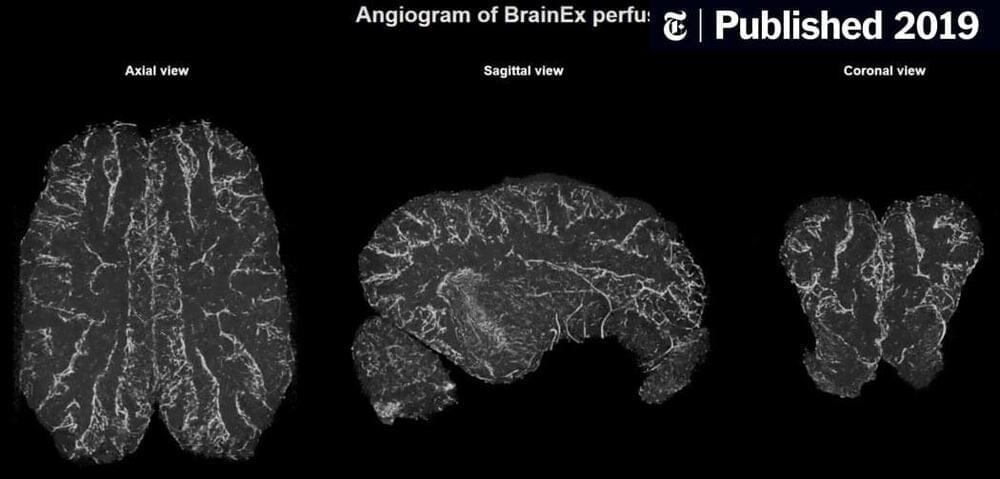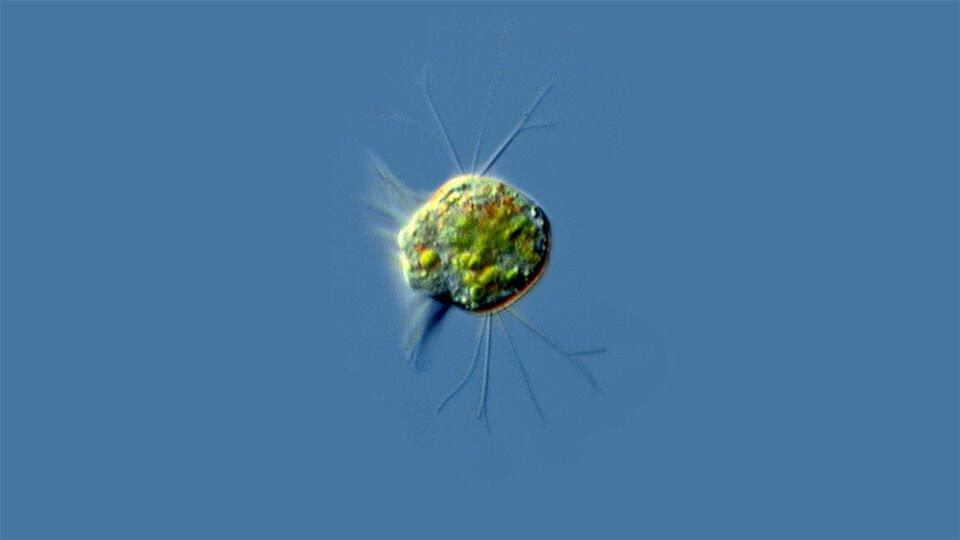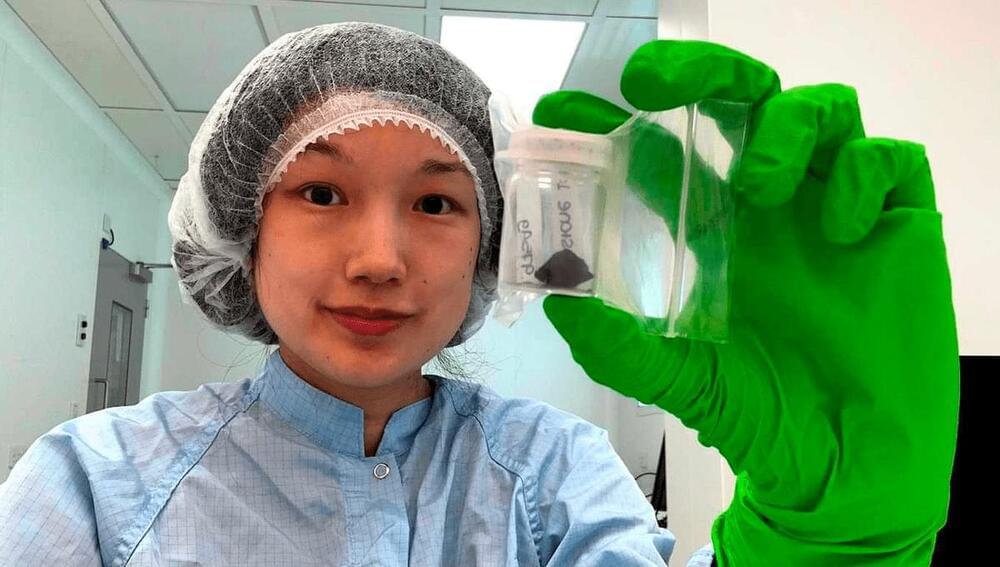Aging is a complex process best characterized as the chronic dysregulation of cellular processes leading to deteriorated tissue and organ function. While aging cannot currently be prevented, its impact on lifespan and healthspan in the elderly can potentially be minimized by interventions that aim to return these cellular processes to optimal function. Recent studies have demonstrated that partial reprogramming using the Yamanaka factors (or a subset; OCT4, SOX2, and KLF4; OSK) can reverse age-related changes in vitro and in vivo. However, it is still unknown whether the Yamanaka factors (or a subset) are capable of extending the lifespan of aged wild type mice. Here, we show that systemically delivered AAVs, encoding an inducible OSK system, in 124-week-old mice extends the median remaining lifespan by 109% over wild-type controls and enhances several health parameters. Importantly, we observed a significant improvement in frailty scores indicating that we were able to improve the healthspan along with increasing the lifespan. Furthermore, in human keratinocytes expressing exogenous OSK, we observed significant epigenetic markers of age-reversal, suggesting a potential reregulation of genetic networks to a younger, potentially healthier state. Together, these results may have important implications for the development of partial reprogramming interventions to reverse age-associated diseases in the elderly.
All authors performed the work while employed at Rejuvenate Bio Inc. Rejuvenate Bio is a therapeutics company translating gene therapies to treat age-related diseases.
